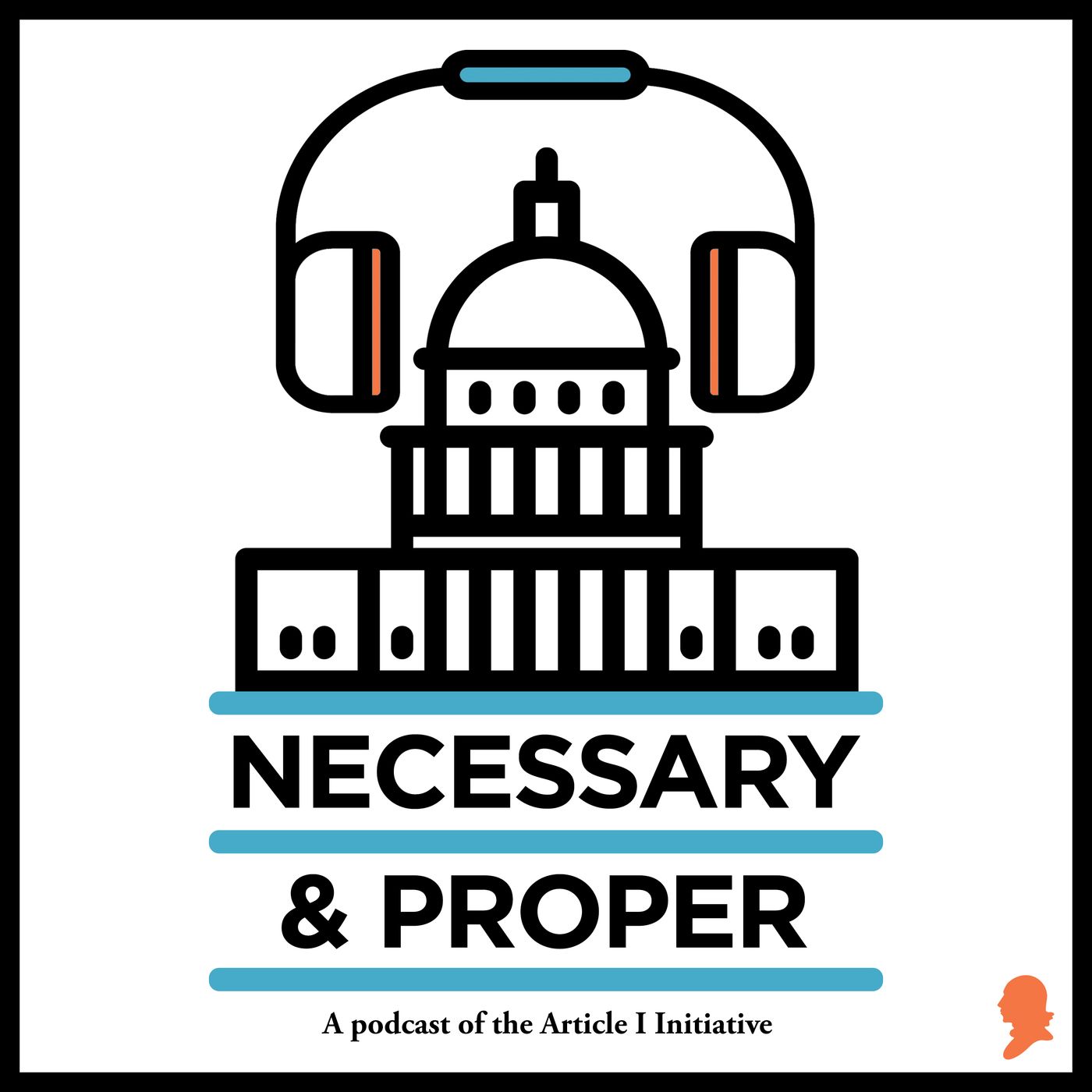Necessary & Proper Episode 87: Current & Future Uses of the Impeachment Power
Description
Congress’s impeachment power has been used dozens of times since the republic’s founding, mostly for relatively low- and mid-level executive and judicial officers involving clear instances of bribery or other felonies. Its attempted use to remove Supreme Court justices, presidents, and now cabinet secretaries is more controversial, and since the 1990s, in arguably partisan or overtly political ways. The impeachment inquiry into President Biden and the House vote to impeach Homeland Security Department Secretary Mayorkas (which recently failed a snap Senate vote) may be seen as tit-for-tat for the two impeachment trials of President Trump. Is that a false equivalence? Regardless of who threw the first partisan stone, are recent uses of the Impeachment power a good development or arguable abuses? What does it portend for the future? Our distinguished panel of scholars will discuss the power itself, recent impeachment proceedings, and the potential implications for the future.
Featuring:
Prof. Michael J. Gerhardt, Burton Craige Distinguished Professor of Jurisprudence, UNC School of LawProf. Keith E. Whittington, William Nelson Cromwell Professor of Politics, Princeton University(Moderator) Prof. Ilya Somin, Professor of Law, Antonin Scalia Law School, George Mason University
More Episodes
The development of standing jurisprudence has been inextricably intertwined with the growth of the administrative state over the past 60 years and the bevy of new statutory rights, privileges, obligations, constraints, and interbranch dynamics that came with it. Over the past three terms, the...
Published 08/27/24
Chevron v. NRDC (1984) and subsequent precedents held that courts should defer to agency interpretations of ambiguous statutes. This “Chevron Deference” has been a topic of great debate, with many calling for it to be overturned, while others argue it is a vital part of how Courts address the...
Published 08/15/24
Published 08/15/24


